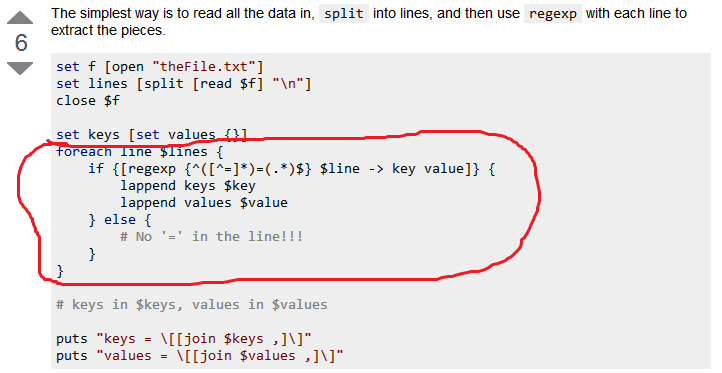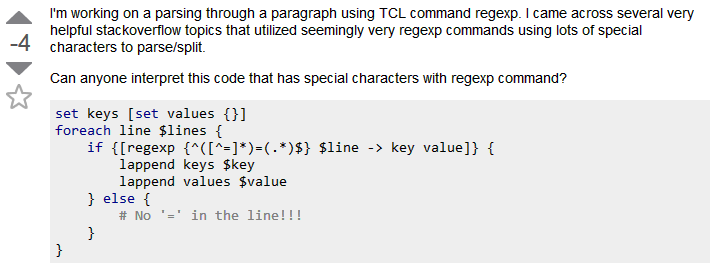Update - See original below
I thought about this most of the weekend.
As far as I can see, this is the criteria that we care the most about:
- Post is at -5 or lower, and reduced in score by at least 3 points in 30 minutes
- 90% of all votes causing said reduction were a result of someone visiting the post with chat or a meta as the referrer
Now that could mean a number of things going on:
- It's a spam post / rant / ZOMG LOOK AT THIS DOG'S BUTT sort of thing
- Some other abuse / sinister case that I haven't thought of, where it wasn't a contribution someone genuinely thought was okay and should be well-received
We definitely don't want to auto-lock or anything else in these cases, we'd be short-circuiting our garbage collection system. Additionally, I see the potential for anything automatic being used tactically.
In light of that, the best thing that I can think of would be to raise a system flag when something has dipped significantly in score, and this dip is due to votes that stemmed from a link on a meta site or chat. These would be visible to moderators initially.
This doesn't fully address the problem, and I don't know if there's a good way to address the problem. At some point a plummeting score such as can be caused by 'mob' voting from chat or meta takes this:
There's something wrong with this, I don't know quite what but ...
And turns it into this:
These people are just punishing me. Thanks, people, I heard all 22 of you telling me how much I suck.
And that's one way the perception that we're a bunch of elitist aristocratic jerks can propagate. At some point a vote becomes not something that marks something as less than optimal or not useful, because that's clearly been established; it becomes something that just makes someone feel horrible and it makes me want to scream, every time I see it.
Hence, barring some kind of amazing epiphany, the only things to do here are (1) log, which I hope to get in place shortly (it is logged current, just convoluted to get at, and a bit delayed) and (2) look at implementing the system flag. Mods can then lock if needed, edit if they can, and (probably) go look at whatever it was on meta / chat that caused the dust to raise, which could be part of the flag.
Original Below
New answer, because thinking out loud gets me in trouble.
Lets log these first, based on referrer, and take a look at the scope of the problem that we're actually dealing with.
Just like we reverse votes when someone finds an answer you wrote, downvotes it, then goes through your profile and downvotes everything else they don't like, we should strongly consider the possibility that 'mob' downvotes, sometimes causing users to lose privileges or worse, is also a behavior that we should not tolerate. They would not have received them if we didn't make providing them opportunistic by calling them out specifically.
Keep in mind, the system does reverse hundreds or more votes daily as it detects suspicious patterns. I put it out to you that this is also a suspicious pattern - but might need more human oversight than a script can provide, and placing that within the scope of employees is fair game - it already is. What remains is do we want to call this only when it's needed, and should mods be able to summon the process to simply run? I don't know, I have to think hard about that.
Nothing is yet set in stone, we're not going to do anything without first gathering data. That's why this is currently deferred.




